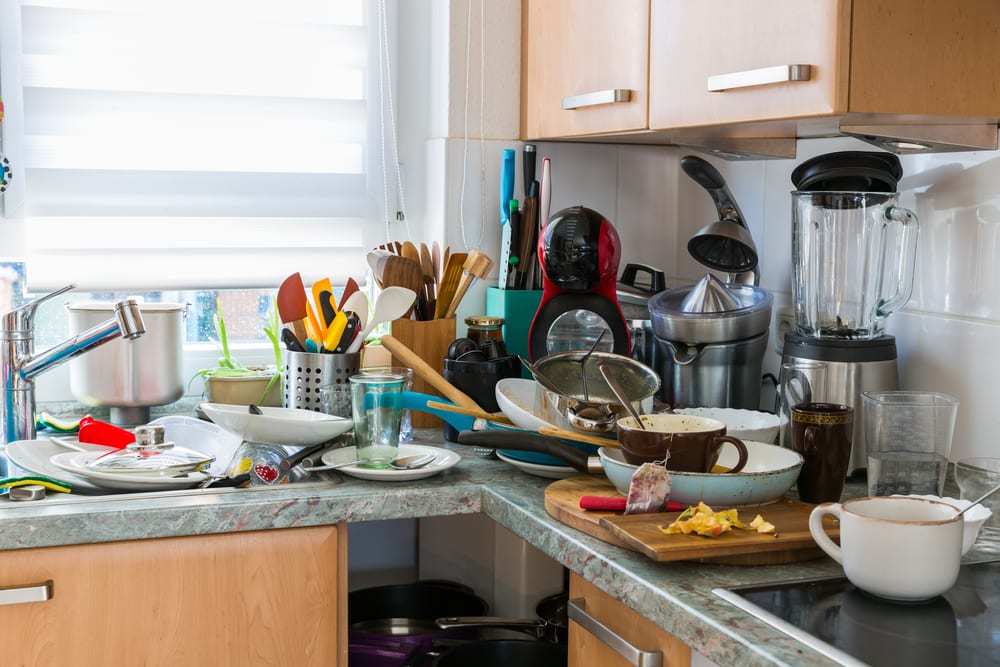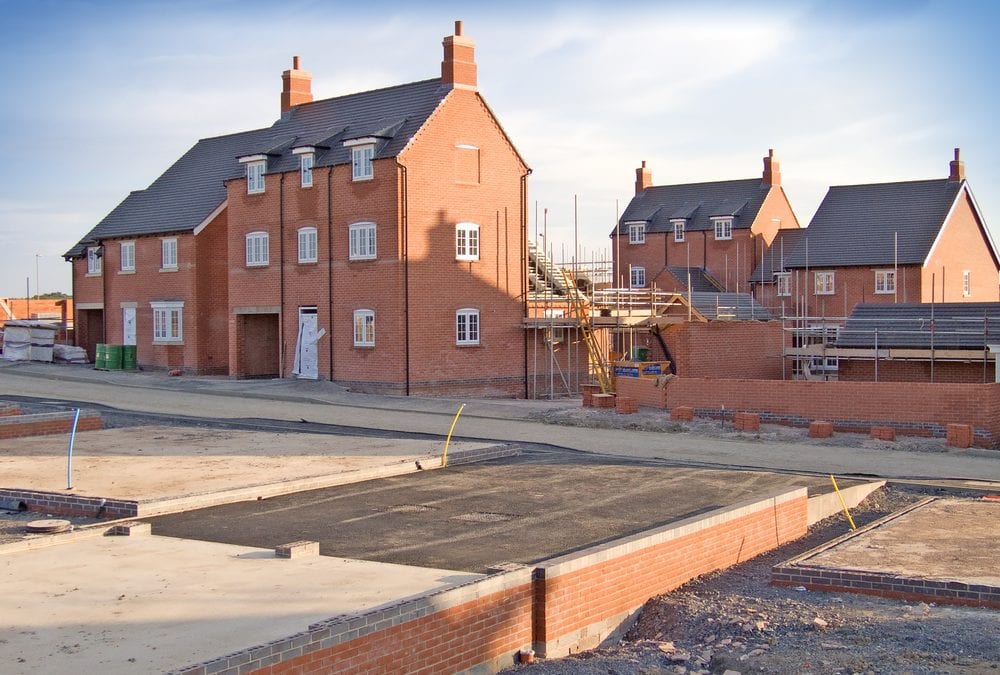
Could Your Kitchen End Your House Sale?
By this point, everyone probably knows to make sure a house looks good before a potential buyer comes to view it. For most rooms, it’s enough to make sure that surfaces are clean and everything is tidy. Some rooms, however, need more attention. The bathroom is obviously one. It may, however, be less obvious that your kitchen is another.
The power of smell
Contrary to what is often suggested, it’s actually a bad idea to try to entice home viewers with scent. The problem with this approach is that scents are very personal. This means that even popular scents, like citrus, will be disliked by some people. It would be very unfortunate if a potential buyer was one of those people.
Instead, you should be aiming for a neutral smell, a lack of odour. This can be harder to achieve than it sounds, especially in a kitchen. A kitchen is, of course, a place where you prepare food and some foods smell. Hopefully, it’s obvious that you should be emptying your bins regularly (and cleaning them too). You also need to deal with your appliances.
Cookware store Oliver’s Kitchen ran a survey on the UK’s kitchen cleaning habits and discovered that 48% of people don’t clean their fridge regularly, 69% of people don’t clean their oven regularly and 82% of people don’t clean their microwave regularly. If you’re trying to sell your house, you need to clean all of these appliances properly, along with your hob and freezer.
Don’t make your buyers sick
With all the focus on COVID19, it can be worrying easy to forget that there are many other health and safety issues to consider. The kitchen is a potential hotspot for all kinds of bacteria. Anything a buyer could potentially touch (or brush past) could transfer those bacteria to them. If this makes them ill, it could put them off buying your house.
The key point to note is that cleaning only makes a real difference if your cleaning tools are clean themselves. This may sound like stating the obvious, but the results of the Oliver’s Kitchen survey indicate that the obvious is being widely ignored. For example, 64% of respondents admitted that they didn’t wash/change their kitchen dishcloth/sponge regularly.
Unless you use hygienically clean tools the most you will do is move bacteria from one place to another. This is basically asking for trouble at any time. For completeness, hand-washing is also important, especially in the age of COVID19. If you’ve never learned about proper hand-washing technique, now is a great time to do so.
Keep out uninvited visitors
One of the great advantages of selling a house in winter is that you’re much less likely to need to deal with insects. This includes ants as well as the flying sort. Other kinds of uninvited visitors, however, can stick around over the winter months. In fact, they may find your kitchen a very appealing place to spend at least some of their time.
Even if they’re not around when your visitors appear, they can leave little traces behind. These aren’t exactly a positive sign for house viewers. What’s more, if you know you have a pest issue, then you may have to declare it or risk potential legal issues further down the line. The good news is that even in winter, most pests will stay away unless you encourage them.
The easiest way to encourage unwanted visitors is to make food available to them. This is why kitchens are such likely targets. It, therefore, follows that the easiest way to deal with this is to make sure that all food is always kept stored away unless it is actually being prepped.
If you need mortgage advice please contact us.


Recent Comments